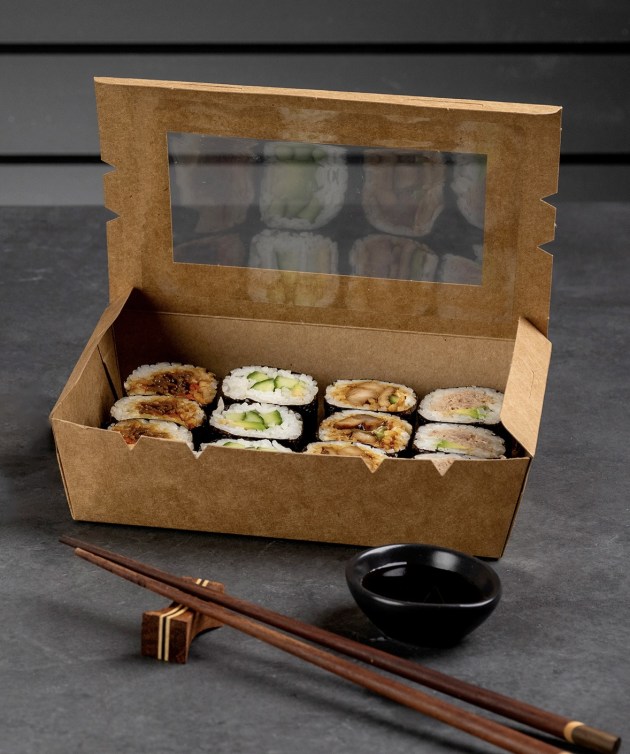South Australian packaging solutions company Detpak has introduced Australia’s largest selection of commercially compostable and recyclable Polybutylene Succinate (PBS) cartons, trays, and lunchboxes.

This range, comprising over 20 products, complies with new single-use plastics legislation effective from 1 September in South Australia and Western Australia.
PBS, a polymer made from renewable plant sources and fossil fuels, is notable for its recyclability through kerbside collection and its compliance with commercial composting standards in both Australia and Europe.
Detpak’s PBS range provides alternatives to single-use plastic items like plates and bowls, which are being phased out under the new Single Use Problematic Plastics Legislation aimed at reducing environmental impact.
Production of this range will take place at Detpak’s Brompton, Adelaide site and across its global manufacturing network. While some production will be domestic, Detpak will also use its seven international manufacturing sites to supply other markets, ensuring consistent and scalable production.
Detpak’s new product line aids the transition to more sustainable packaging by offering businesses and consumers viable alternatives in response to stricter single-use plastics regulations.





